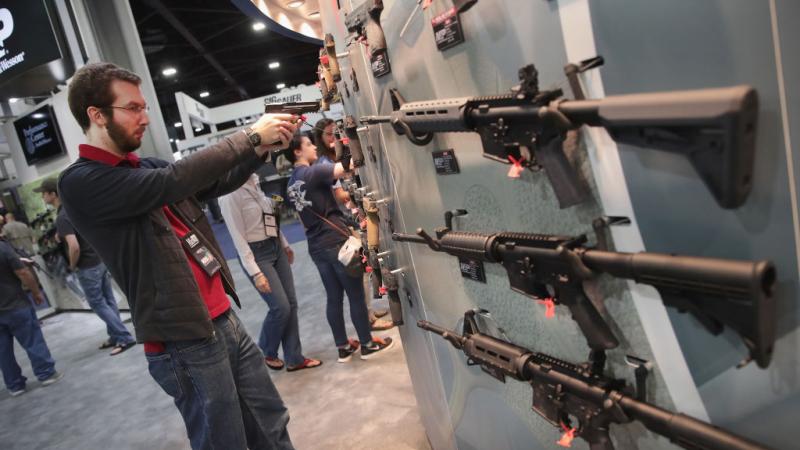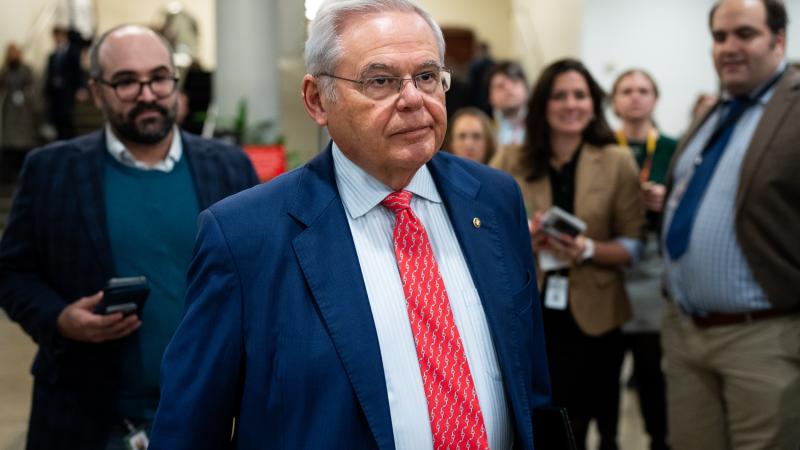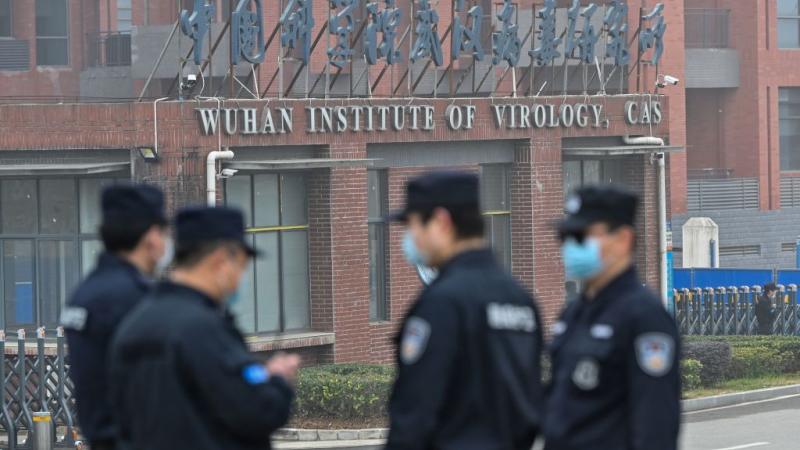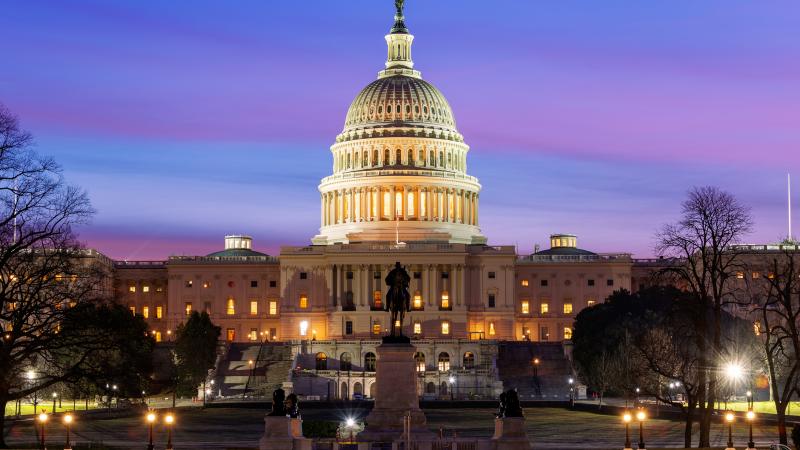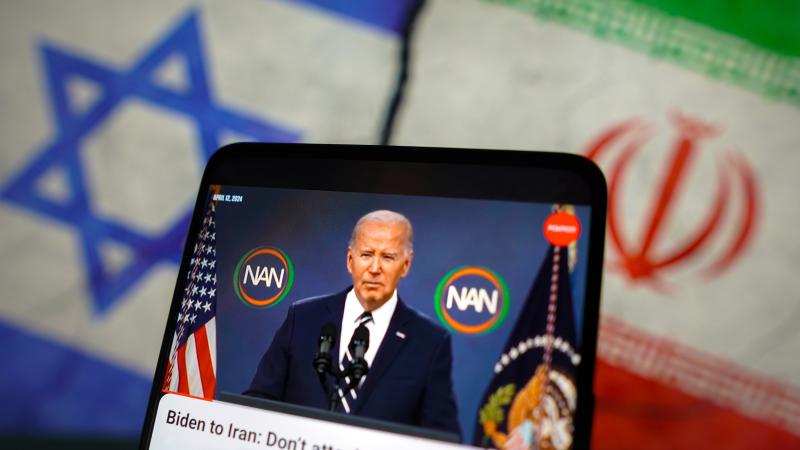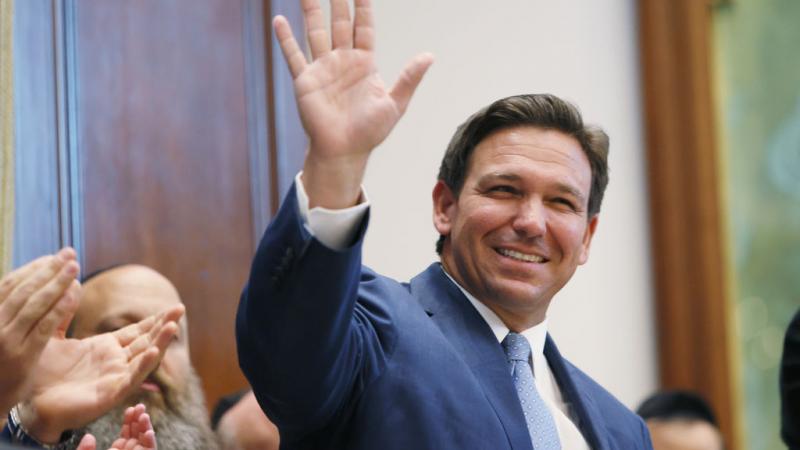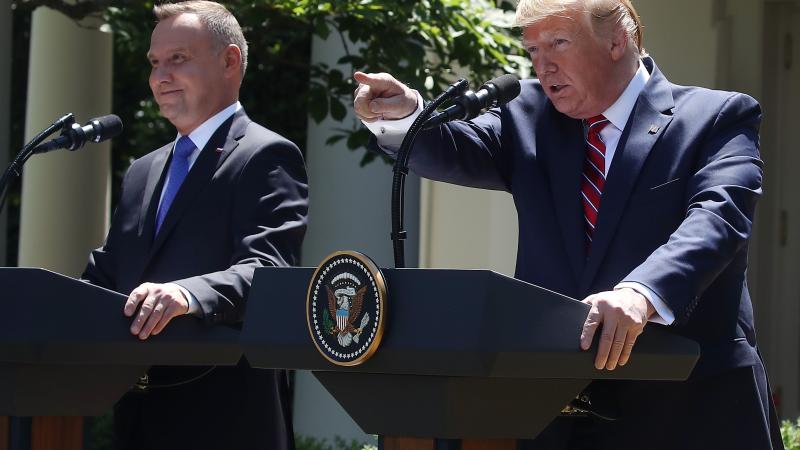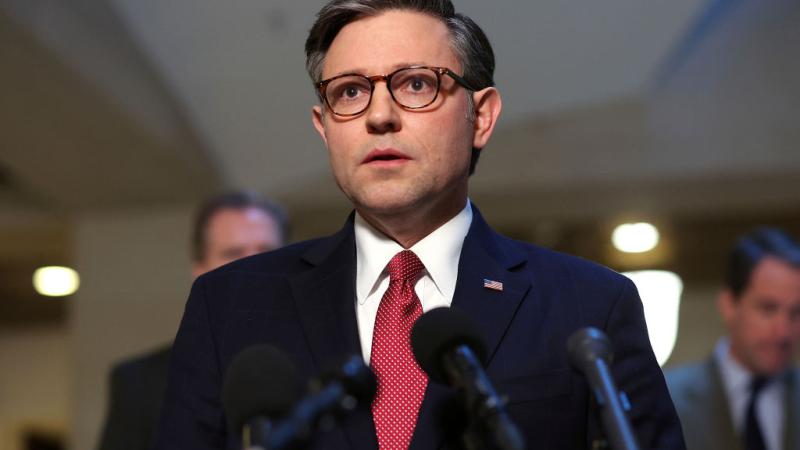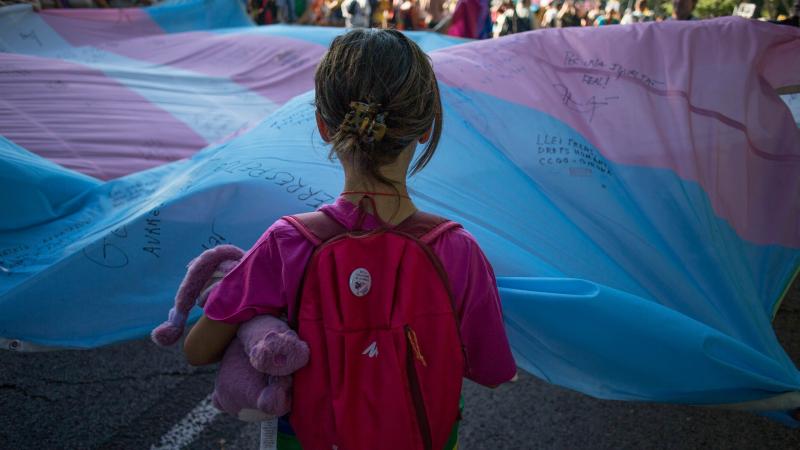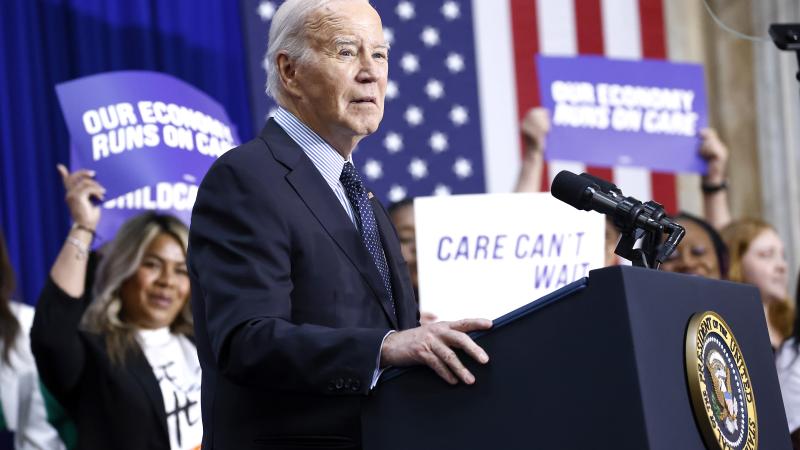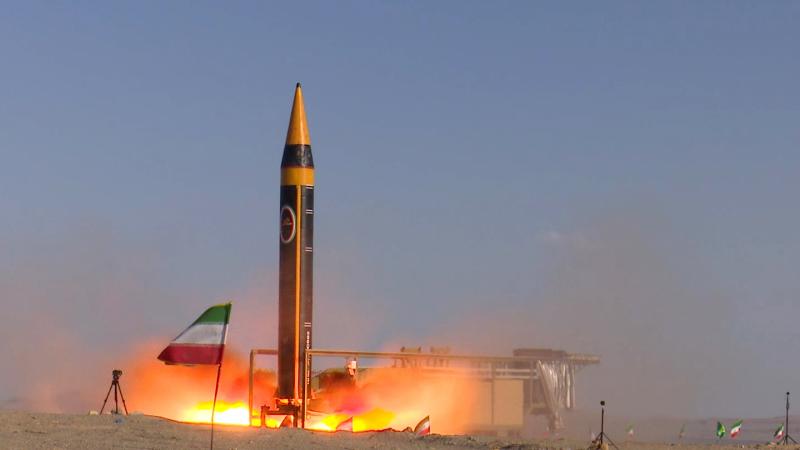Declassified FBI memos undercut Mueller team claims that Papadopoulos hindered Russia probe
Prosecutor who recently resigned from Roger Stone case signed court filings omitting evidence of witness cooperation
Newly declassified FBI memos directly conflict with court filings that Special Counsel Robert Mueller’s team made in asking a federal judge to send former Trump campaign adviser George Papadopoulos to prison, further calling into question the government’s conduct in investigating the now-debunked “Russia collusion” narrative.
The memos, released under federal Freedom of Information laws, are likely to focus renewed attention on former Mueller prosecutor Aaron Zelinsky, who played a key role in prosecuting Papadopoulos before working on the case of longtime GOP operative and Trump confidant Roger Stone.
Zelinsky recently made headlines in Washington by resigning from the Stone case over a dispute with Attorney General William Barr over the length of prison time Stone deserved. Zelinsky recommended 7 to 9 years, Barr wanted less, and the judge ultimately decided on a lower sentence of just 40 months.
Earlier, Zelinsky was one of three Mueller team prosecutors who signed a sentencing memo in August 2018 seeking prison time for Papadopoulos. They argued there that Papadopoulos hindered federal prosecutors’ ability to question or arrest a European professor named Joseph Mifsud in mid-February 2017 while the Maltese academic was in Washington.
According to the sentencing memo signed by Zelinsky and fellow Mueller prosecutors Jeannie Rhee and Andrew Goldstein: Papadopoulos’ “lies undermined investigators’ ability to challenge the Professor or potentially detain or arrest him while he was still in the United States. The government understands that the Professor left the United States on February 11, 2017 and he has not returned to the United States since then."
But FBI 302 reports detailing agents’ interviews with Papadopoulos show that he had in fact supplied information that would have enabled investigators to challenge or potentially detain or arrest Mifsud while he was in the United States.
Papadopoulos, a former volunteer foreign policy adviser to the Trump campaign, told agents during an interview on Feb. 10, 2017 that he “inquired to Mifsud about how he knew the Russians had [Clinton’s] emails, to which Mifsud strangely chuckled and responded, ‘they told me they have them.’”
According to the Mueller Report, in an interview with the FBI on the same day, Feb. 10, Mifsud “denied that he had advance knowledge that Russia was in possession of emails damaging to candidate Clinton.”
Mifsud did not leave Washington until the next day, Feb. 11. Papadopoulos’ information should have enabled investigators to confront Mifsud with conflicting testimony on a point of critical importance to the stated purpose of the Russia collusion investigation before the professor’s departure. But this information was not mentioned in Team Mueller’s original statement of offense, or plea agreement, filed Oct. 5, 2017 nor its later sentencing recommendation. In contrast, those documents portray Papadopoulos as trying to thwart the investigation.
According to Zelinksy, Rhee, and Goldstein’s August 17, 2018 sentencing memo filed with U.S. District Judge Randolph D. Moss, “the defendant’s false statements were intended to harm the investigation, and did so.” Papadopoulos’ “lies negatively affected the FBI’s Russia investigation," they argued, "and prevented the FBI from effectively identifying and confronting witnesses in a timely fashion.”
The FBI interview memos, however, paint a far different picture. They show, for example, that Papadopoulos expressed his willingness to participate actively in helping the bureau locate Mifsud personally even before Feb. 10, 2017.
In a Feb. 1, 2017 interview, for instance, Papadopoulos is quoted as telling agents he “could potentially meet with Mifsud” during a planned trip to London. This offer was never mentioned in the two court documents filed by Zelinsky, Rhee, and Goldstein.
In the same interview, Papadopoulos told the FBI that Mifsud “had recently reached out to him,” and “indicated that he may be traveling to Washington, DC in February 2017.”
Similarly, in his Feb. 10, 2017, interview with the FBI, Papadopoulos “provided that Mifsud recently reached out to him via email, and advised that he was in Washington, DC at the time of this interview.” This too was omitted from the plea agreement and the sentencing memo.
The Justice Department did not respond to queries asking why the information Papadopoulos gave the FBI regarding Mifsud’s whereabouts, his offer of assistance, and his testimony contradicting Mifsud were omitted from key court documents.
Through a spokesman at the U.S. Attorney’s office in Maryland, Zelinsky stated that he has no comment beyond the public documents available regarding the Office of the Special Counsel’s work.
In his October 2017 plea agreement, Papadopoulos accepted responsibility for “false statements and omissions” that “impeded the FBI's ongoing investigation into the existence of any links or coordination between individuals associated with the Campaign and the Russian government' s efforts to interfere with the 2016 presidential election.”
Papadopoulos ultimately was sentenced to 14 days in jail, the first defendant incarcerated in the Russia investigation. He has since made plans to run for Congress and has repeatedly claimed the entire case against him — including the approach from Mifsud — was a setup based on false innuendo.
"I love this country," Papadopoulos told Just the News. "The last thing I tried to do was hinder an investigation I thought was serious at the time."
Former House Intelligence Committee Chairman Devin Nunes, R-Calif., who played a central role in uncovering other abuses in the Russia investigation including insertion of false information in an application for a Foreign Intelligence Surveillance Act warrant targeting the Trump campaign, said the new revelations about the Papadopoulos case are deeply troubling.
The declassified 302s "provide our first evidence of the Mueller team lying to the court,” Nunes told Just the News in a podcast set to be aired on Tuesday. "The whole idea seemed nonsensical from the beginning that in the sentencing memorandum they would say that he stalled their investigation into Joseph Mifsud. Now, we know from the 302 actually the opposite is true. The truth is that Papadopoulos offered, told the FBI, that Mifsud was going to be in the United States."
"Now, the sad part," Nunes added, "is that Papadopoulos served his [time] in jail."
Zelinsky remains an assistant U.S. attorney for the United States District of Maryland, where he once worked under Rod Rosenstein. As Trump’s deputy attorney general, Rosenstein appointed Mueller special counsel.
In securing Papadopoulos’ October 2017 plea, the special counsel advanced the narrative that the Republican candidate’s campaign had colluded with Russia to win the presidency. By then, both the FBI and special counsel knew the case for collusion was dead. Nearly half a year before the special counsel was even appointed, investigators were already aware that their central source of evidence tying Trump associates to Russia — a dossier compiled by former British spy Christopher Steele — was rife with vaguely attributed, uncorroborated, and disavowed allegations.
Mifsud and his contacts with Papadopoulos were the cornerstone of the FBI’s “predicate,” or legal justification, for starting an investigation of the Trump campaign’s alleged ties to Russia. The probe, codenamed “Crossfire Hurricane,” was opened July 31, 2016, after an Australian diplomat reportedly alerted U.S. authorities that Papadopoulos claimed to know that Russia possessed information potentially damaging to Hillary Clinton.
That information was allegedly sourced to Mifsud, who according to DOJ documents had told Papadopoulos the Russians had thousands of Clinton’s emails. The Mueller team's omissions regarding Papadopoulos' cooperation with the FBI weren’t the only ones that Russia probe investigators made in court filings.
DOJ Inspector General Michael Horowitz excoriated the FBI and DOJ for omitting from the FISA warrant application exculpatory statements that Papadopoulos made to an undercover informant.
In addition, that IG report alleges in Appendix I that information about Papadopoulos' contact with another figure in the Russia case that was used in one of the FISA applications was, in fact, inaccurate.
The Facts Inside Our Reporter's Notebook
Documents
Links
- Newly declassified FBI memos
- Aaron Zelinsky resigns from the Stone case
- Judge sentences Roger Stone to just 40 months.
- Mueller's original statement of offense against Papadopoulos filed Oct. 5, 2017
- August 17, 2018 sentencing memo
- FBI interview memos
- Papadopoulos was sentenced to 14 days in jail
- Zelinsky worked under Rod Rosenstein
- DOJ Inspector General Michael Horowitz excoriated the FBI for FISA auses


